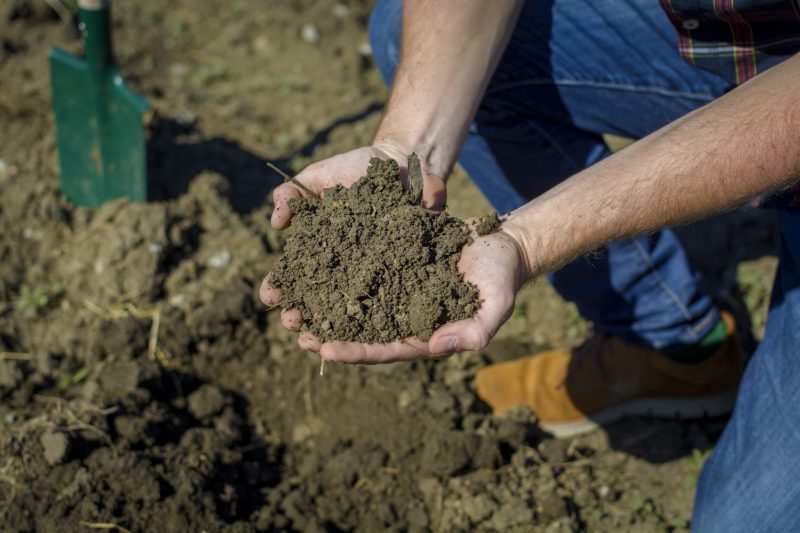The sampling of soil in order to analyse its nutrient content is already common practice on many farms. However, in addition to macro-components, interest in smaller components has also increased. The investigation of the so-called microbiome will help us to guarantee the optimal and sustainable use of soil, one of our most valuable resources.
The soil microbiome consists of a complex network of bacteria, fungi, algae and protozoa. It is central to a wide range of processes, such as the conversion and fixation of nutrients and the storage of water in the soil, but also the control of soil-borne diseases. The soil microbiome is thus a key element as we seek to ensure healthy plant growth and good plant yield.

The aim of soil microbiome analysis is to better understand these complex systems in the soil and, above all, to use this knowledge to optimise soil health by adapting management measures. On the one hand, this can result in higher yields and better quality produce and, on the other hand, it can increase the resilience of the soil. And it can also save money.
The principle is simple: Following the establishment of objectives during an initial discussion, soil samples of the area in question are taken and sent to a laboratory, where they are examined by means of RNA or DNA sequencing. The sequencing results are processed, analysed and broken down by experts in the area of bioinformatics. Farmers then receive a clear overview of the microbiome of their sampled area.
Such services are already successfully established in countries such as the USA, Canada and Denmark. In Austria there is still no service provider in the area of soil microbiome analysis. The Agro Innovation Lab is currently investigating the potential and practical aspects of this subject, in order to be able to offer farmers a useful service in the future.
Photo: (c) RWA, Robert Gebauer
